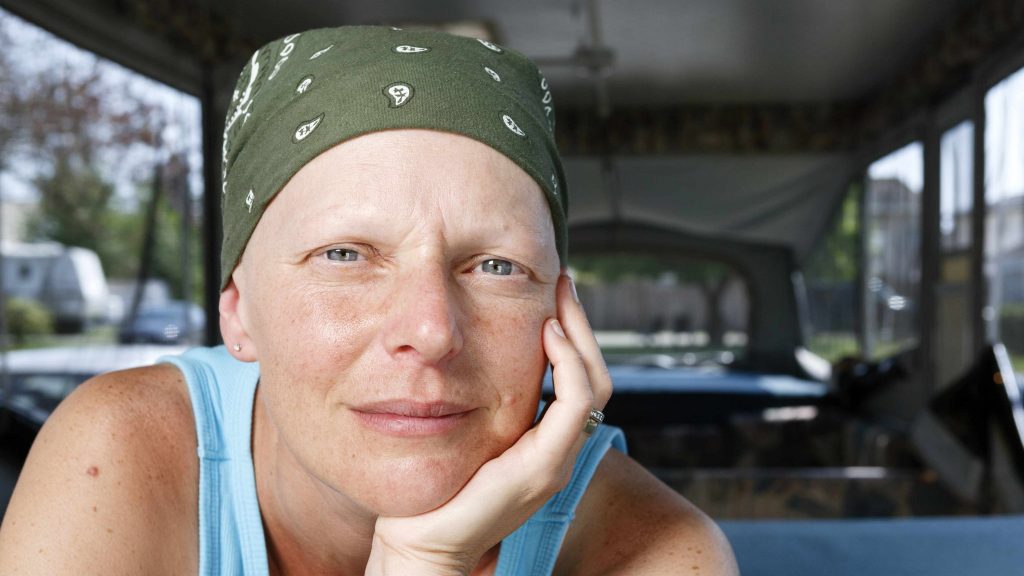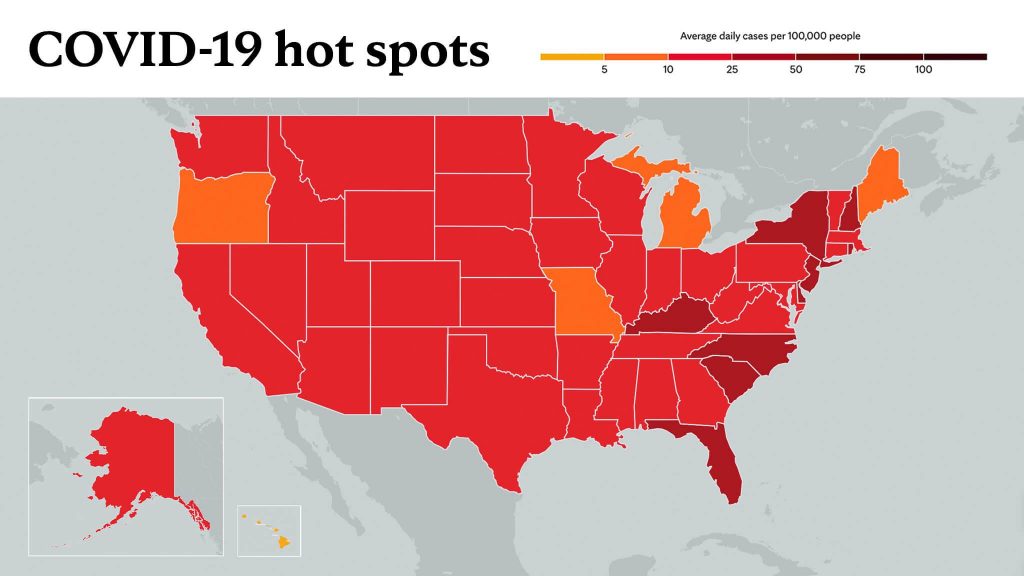
The COVID-19 pandemic has changed, canceled and delayed many parts of people's lives, including when or if they seek medical care.
Dr. Robert McWilliams, a Mayo Clinic medical oncologist, says there are various reasons patients may be avoiding or delaying care. But he emphasizes that coming to medical institutions is safe, and that ignoring symptoms or delaying exams can result in more severe illness or even death.
"Early on in the pandemic, we said to postpone elective care," says Dr. McWilliams. "Unfortunately, I think a lot of people view cancer screening as part of elective care. It's really not."
On this Mayo Clinic Q&A podcast, Dr. McWilliams talks about the importance of cancer screenings, which cancer patients are at higher risk of COVID-19, whether patients receiving cancer treatment should be vaccinated for COVID-19 and how the acceleration of telehealth has been a silver lining of the pandemic.
Watch: Dr. McWilliams discusses the importance of cancer screenings and treatment during COVID-19.
Read the full transcript.
____________________________________________
For the safety of its patients, staff and visitors, Mayo Clinic has strict masking policies in place. Anyone shown without a mask was either recorded prior to COVID-19 or recorded in a nonpatient-care area where social distancing and other safety protocols were followed.
Information in this post was accurate at the time of its posting. Due to the fluid nature of the COVID-19 pandemic, scientific understanding, along with guidelines and recommendations, may have changed since the original publication date.
For more information and all your COVID-19 coverage, go to the Mayo Clinic News Network and mayoclinic.org.
Learn more about tracking COVID-19 and COVID-19 trends.








